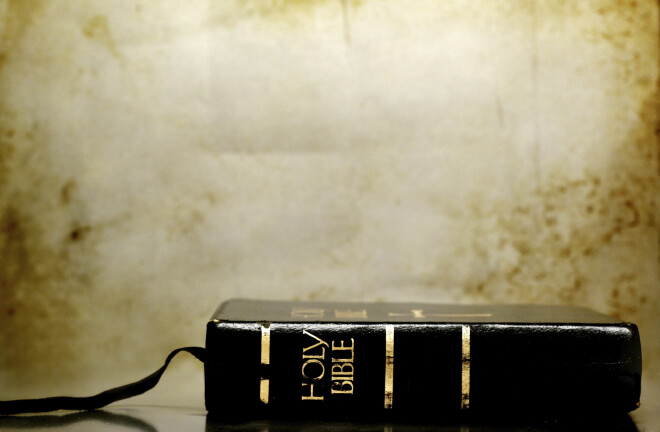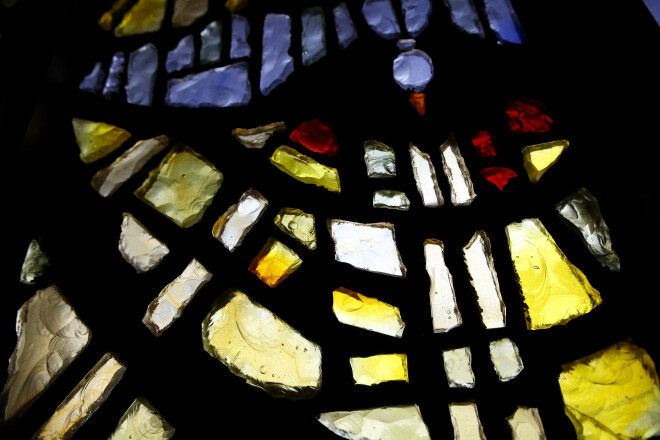The Wisdom Books

Counter-point, Talking Back, Bringing Yourselves, Your souls and Bodies: the Wisdom books (Job 38, Proverbs 8, Ecclesiastes 1, Song of Solomon 1)
Some resist reading the Bible because they suppose it has a kind of distant sanctimony unrelated to ‘real life,’ that is, things like doubt, desire, practicality, and our ‘off-message’ emotions toward God. But in fact, the Old Testament acknowledges and includes these, so that the answers it provides truly addresses our lives as we actually experience them.
This entry is but an invitation to read the books in their entirety, but at least let me point out how they challenge other parts of the Scripture, so as to provoke answers which we can more deeply appropriate. Ecclesiastes throws in doubt the sense that godliness will have its reward. Job likewise complains about how the mystery of evil fits into God’s plan. Song of Songs is an unabashed love song. Proverbs includes worldly advice, much of it from pagan sources. But the assumption behind the inclusion of all of this literature is that we do not need to protect God, as if He could not provide an answer. In Job 38 He places us and our questions in their place, though He goes on to reward Job’s complaining!
Wisdom literature finds a place in the whole collection, or canon, of the Old Testament. Likewise desire in marriage, doubt in waiting and listening, suffering in the message of the suffering servant, and practical advice in a life with the larger purpose God gives us. These have their place, but there remains a larger context in which to understand ourselves before God.
Google ‘Song of Songs’ and Bernard of Clairvaux and read a few pages.



